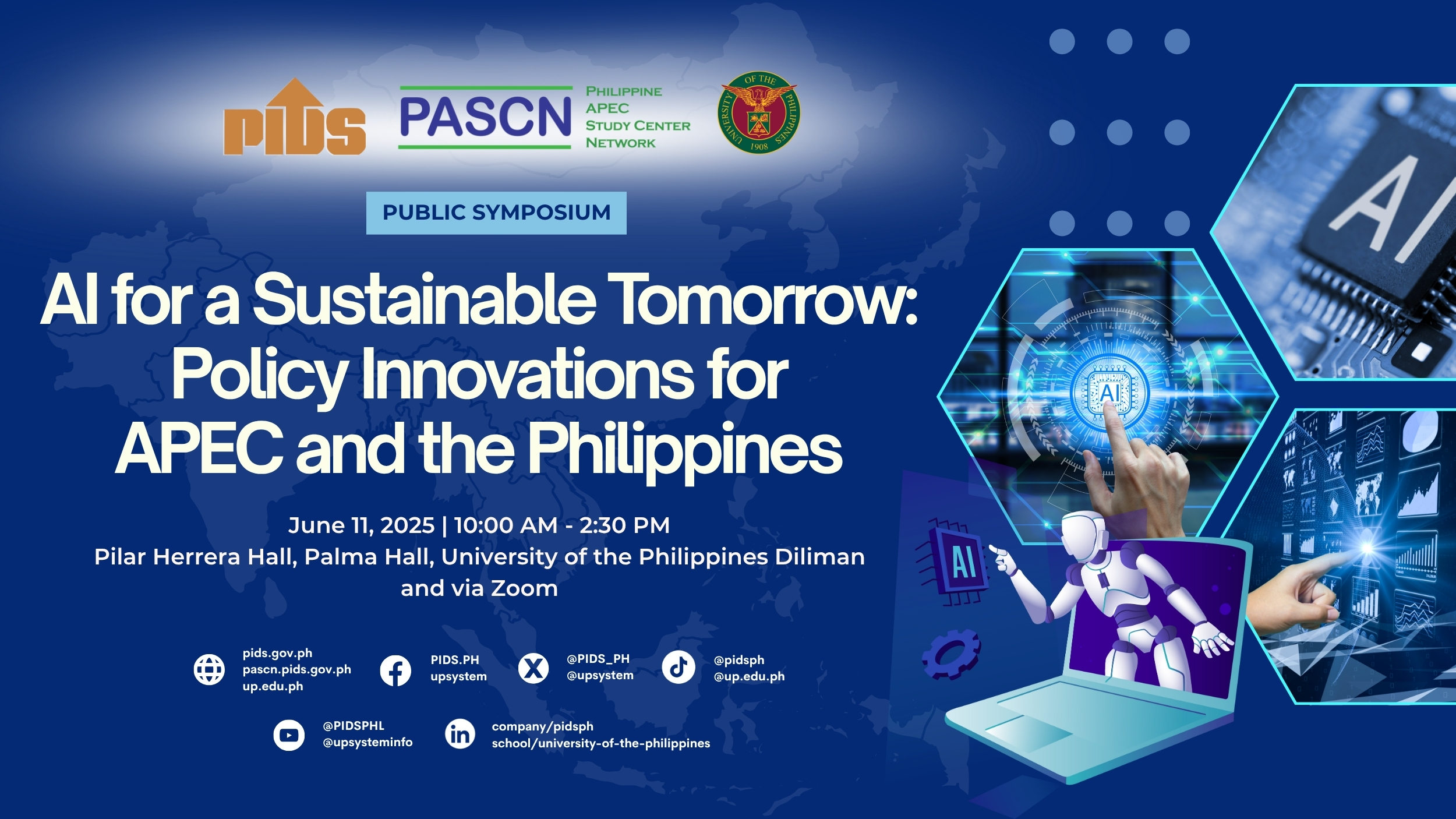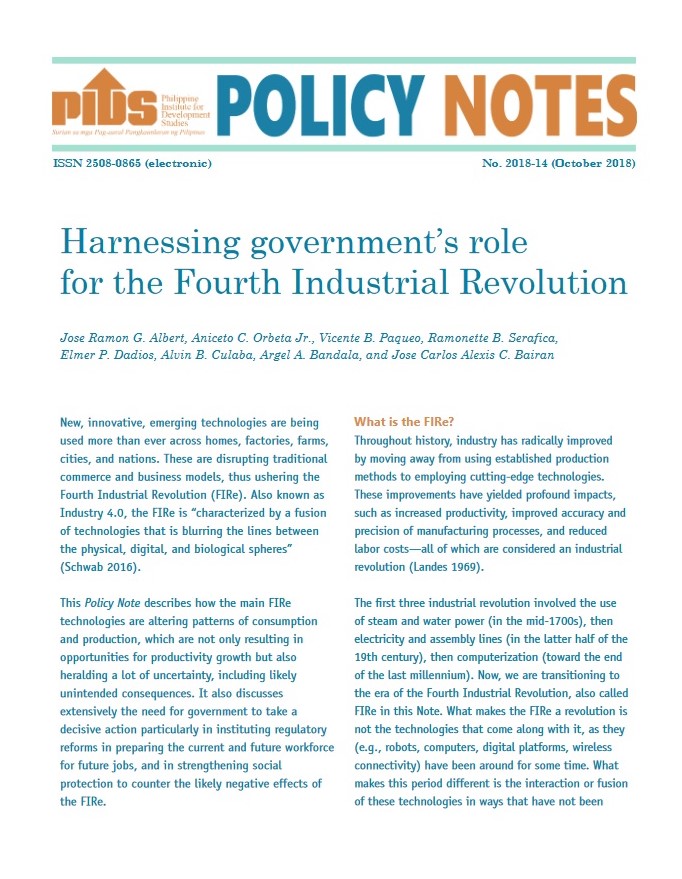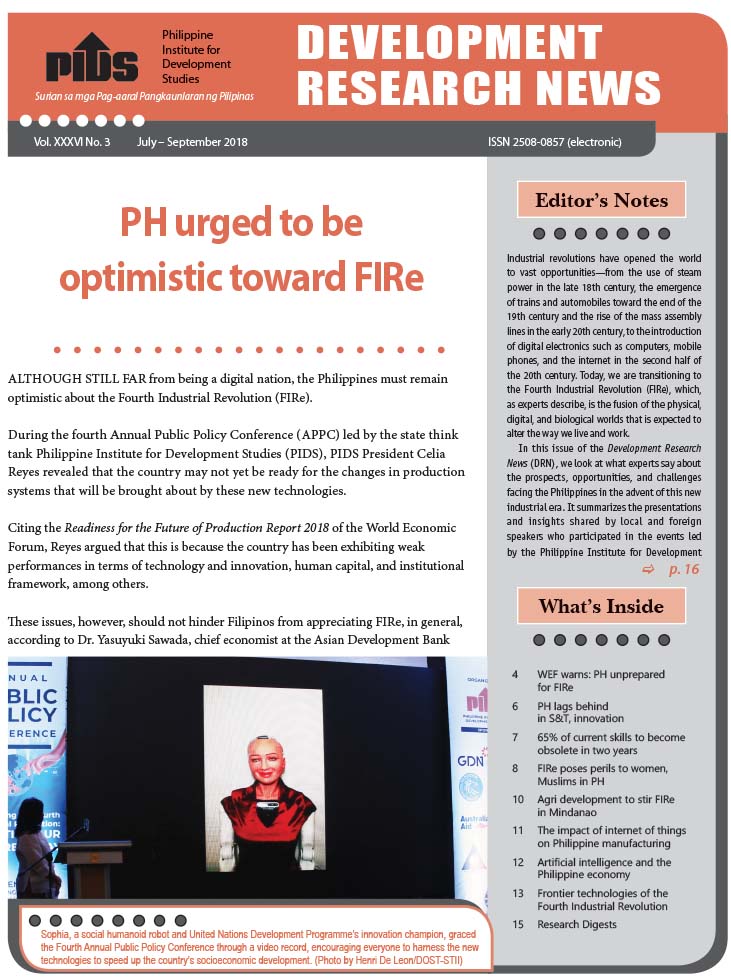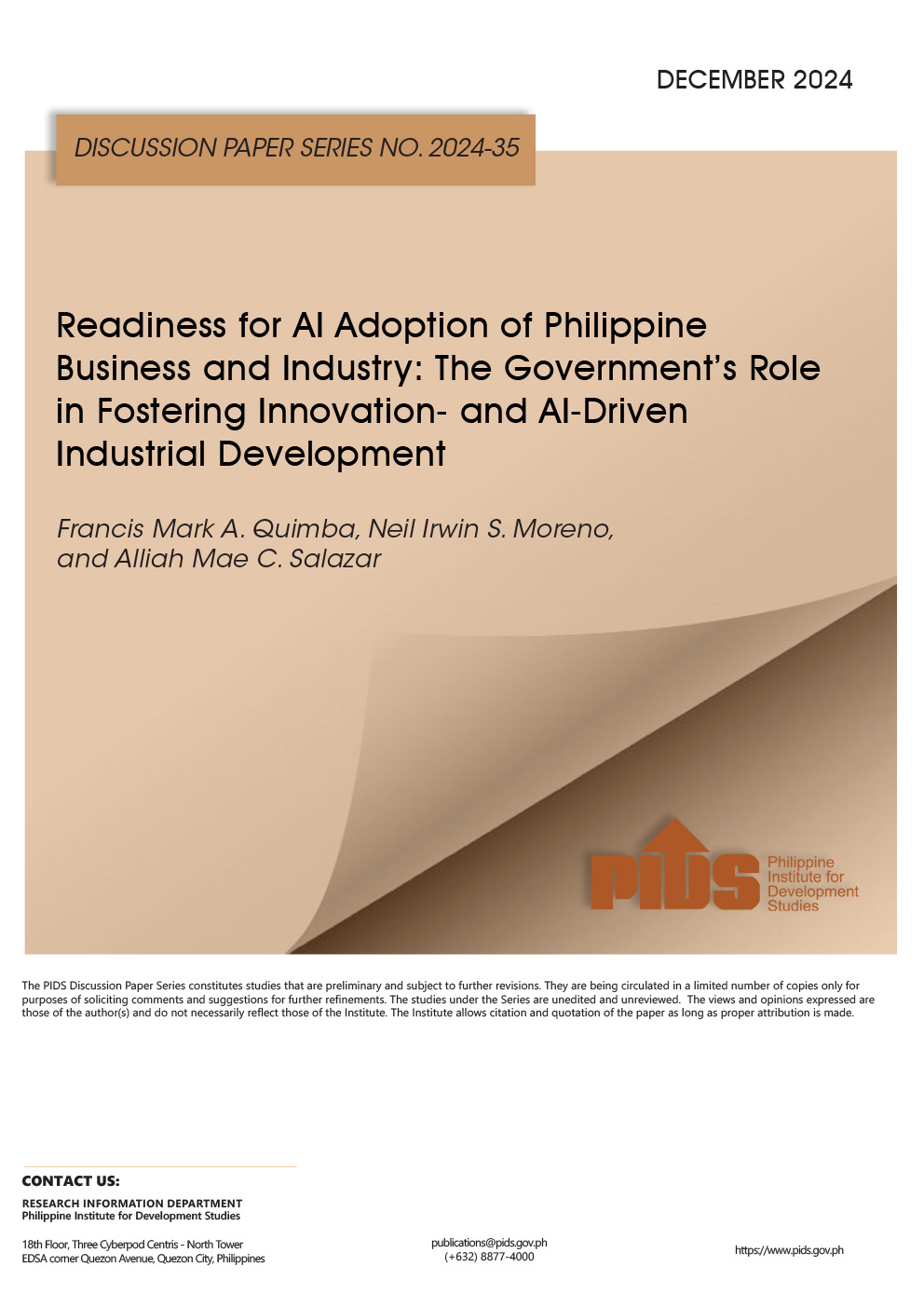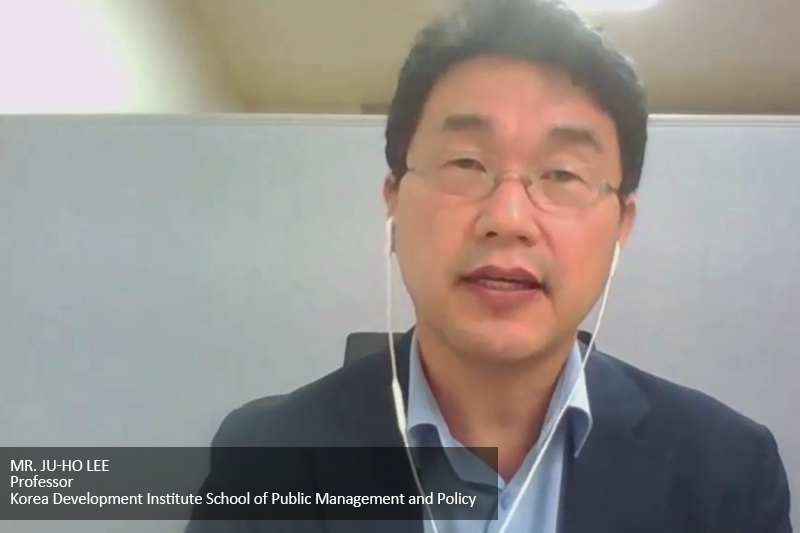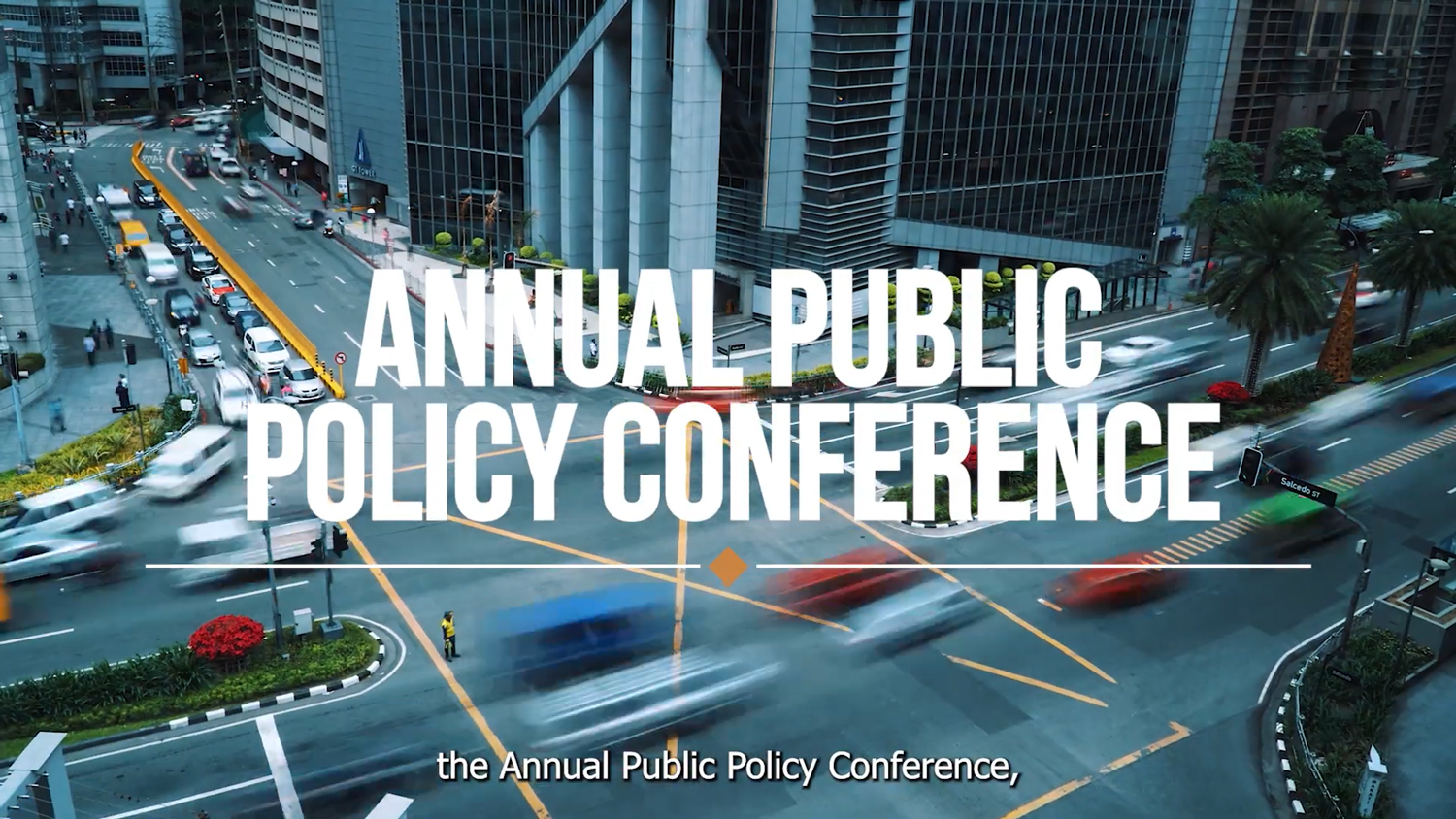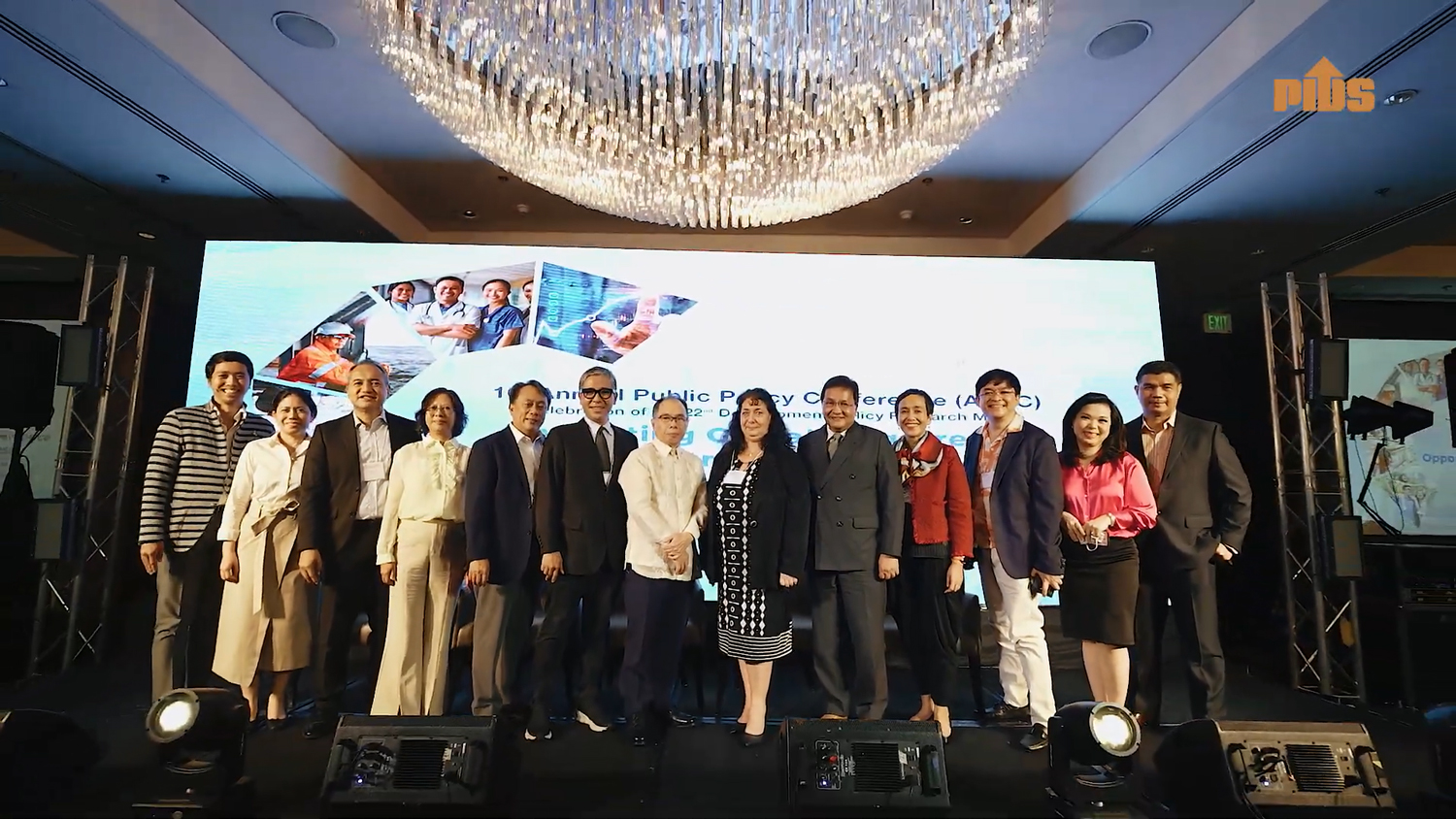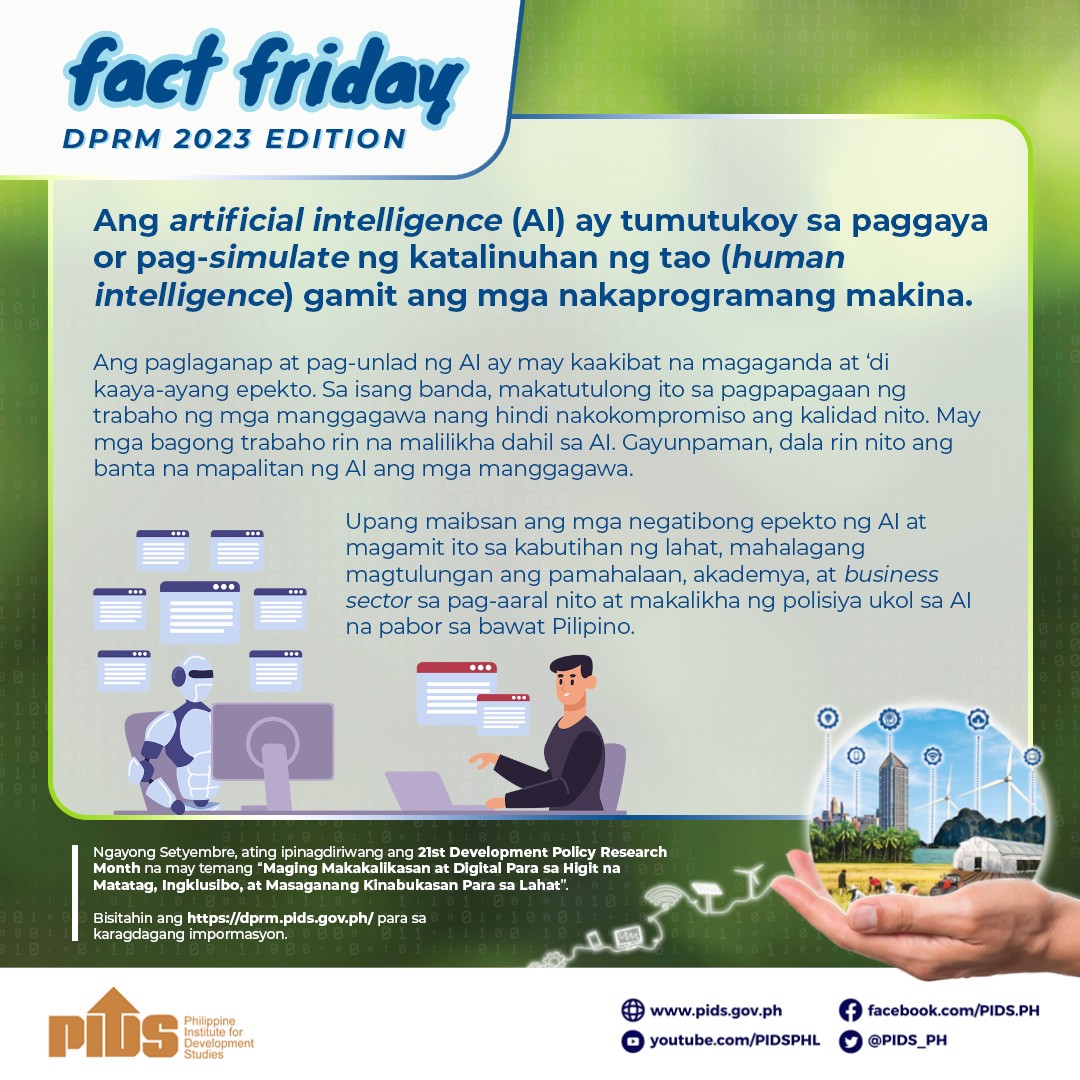
Artificial intelligence (AI), if left unchecked, could lead to real-world harm, including discrimination, misinformation, and erosion of public trust—Filipino experts warned during a high-level forum held on June 11.
“Without governance, AI exposes people to very real harm—discrimination, misinformation, exclusion. Trust can collapse,” said Dr. Erika Fille Legara, Managing Director and Chief AI and Data Officer at the Center for AI Research (eCAIR).
As AI systems continue to expand rapidly across Southeast Asia, the symposium—organized by the Philippine APEC Study Center Network (PASCN) of the Philippine Institute for Development Studies (PIDS) and the University of the Philippines (UP) System—called for clearer safeguards and enforceable AI regulations to ensure public interest is protected while supporting innovation.
Legara emphasized that adopting ethical principles alone is not enough. Effective governance must be embedded across the AI lifecycle— from design and testing to deployment and eventual decommissioning.
“Governance begins where principles leave off. It is about setting clear policies, assigning responsibility, and enforcing what you say you believe in. Otherwise, it is all academic and just theory,” she said.
She cited eCAIR’s three-tiered governance model: 1) daily compliance checks handled by developers and data scientists; 2) a second layer of review by risk and documentation teams; and 3) strategic oversight from an AI Governance Council, particularly for high-risk projects.
“Our model is built around four key objectives: enabling responsible innovation that serves the public, ensuring both technical and ethical rigor, establishing internal accountability systems, and maintaining trust with stakeholders,” Legara explained.
PH in APEC’s AI roadmap
Marcos Angelo Punsalang, Director-General of the APEC Philippines National Secretariat, emphasized that the Philippines is actively engaging in regional AI cooperation efforts through policy dialogues and capacity-building.
He noted that the country is preparing for key multilateral events, such as the August 2025 Digital and AI Ministerial Meeting and a Public-Private Dialogue on AI Cooperation, which are expected to solidify regional standards and best practices.
“These efforts demonstrate a growing commitment in the Asia-Pacific region to attain a coherent, aligned, and comprehensive approach towards AI adoption and integration,” Punsalang said.
Grounded innovation: AI with community relevance
Dr. Percival Almoro, Assistant Vice President for Academic Affairs (Research) of the UP System, shared how homegrown AI-enabled tools are advancing research and community applications.
His team developed a modified digital single-lens reflex camera capable of capturing ultraviolet, visible, and infrared wavelengths, which has applications in dentistry, agriculture, and even skincare diagnostics.
“[Through this technique,] the composite [becomes visible] using an ultraviolet (UV) camera. So, now the dentist can see it in UV. Otherwise, they are just feeling around—like they are blind,” he said.
He added that the innovation has helped monitor crop health and test sunscreen efficacy. Almoro stressed that research must lead to real-world impact, not just academic output.
“It must have an impact [on] the community. And to do that, you need to have interdisciplinary and transdisciplinary [collaboration],” he noted.
A call to balance innovation and safeguards
As APEC economies race to integrate AI, the Philippines’ call for ethics-based governance serves as a critical counterbalance to unchecked innovation.
“Governance is calibrating controls proportionate to risk, while never stalling the value we are supposed to create. It is at the heart of what we do,” Legara concluded.
Watch the forum playback at https://bit.ly/pidslive061125. — MJCG

